Through our website, we want to bring people closer to delicious, creative meals that nourish both body and soul. We don’t intend to become famous chefs –we just love food!
We firmly believe in celebrating the beauty of different cultures through their cuisine. From home kitchens to 5-star restaurants, each meal has its own secret recipe for success.
The love for Saffron initially inspired us on this journey, but our mission is much larger than that. We strive to provide helpful resources and meaningful conversations about organic farming techniques, cooking tips and culinary customs from around the world.
If you’d like to join us in showcasing your special family recipes or other noteworthy ideas relating to food culture, please reach out at [email protected] –your contribution will be highly cherished!
For now, love yourself and enjoy this one ...
Janice Cox
The yarrow perennial is found in many gardens. Mine included. It is a "healing herb" that has a lot of power. This plant is also an excellent landscape plant, a culinary ingredient, as well as a powerful ingredient in anti-aging products and healing body care products.
My yarrow is planted next to my driveway. It keeps rabbits and deer out of my yard. The bitter taste or scent of the leaves repels them. It is also a great ground cover that keeps weeds at bay and my yard looking beautiful. The yarrow plant comes in many colors, from white to deep red. This plant will attract pollinators and birds to your garden, which will help your plants grow and bloom.
Anti-inflammatory and antibiotic properties are found in yarrow. When used in skin care, it is cooling, soothing and healing. Simple teas or infusions of fresh flowers or leaves can be used to calm skin that is irritated, or soothe insect bites or sunburn. Apply to the skin with a cotton pad or spray bottle. Bathing in yarrow is refreshing and also increases circulation. The most common use of yarrow in skin care products is as an ingredient. The leaves of yarrow are very powerful. They have been used for centuries to stop bleeding from cuts and scrapes, and also aid in the healing process. Achilles is said to have used yarrow leafs to heal the wounds of his soldiers after battle. It is possible that this is also the reason why the plant genus "Achillea" was named.
You can use yarrow in the kitchen to make bitters, salads and salts. Infusing the bitter leaves in oils, butters and vinegars is easy. You can also add citrus and sugar to enhance its flavor. The taste of yarrow can overwhelm dishes, so you only need to use a few leaves. When infusing oils, always use dried yarrow to avoid adding extra moisture that can ruin your product.
The dried yarrow flower is a beautiful and unique flower. It dries quickly and easily. Choose bunches that are no larger than 1/4 inch in diameter, and allow them to air dry. You can hang them from drying racks or place in vases. You can dry your seed bunches using paper bags to make them easier to collect and protect them from bugs or dust.
Try these recipes at home.
Yarrow Cucumber Cleanser
Cucumbers are naturally soothing and cleansing for your skin. Combine it with yarrow flowers to create a mild cleanser for all skin types.
One whole cucumber
Fresh yarrow leaves and flowers or 1 Tablespoon of dried yarrow.
Half a cup of water
Honey 1 tsp.
Yield: 4 Ounces
Blend or process all ingredients in a food processor until you get a smooth mixture. Use: Massage the mixture into your skin for up to one minute. Rinse with warm water, followed by a cooled water rinse. Pat your skin dry. Keep any cleanser left in the fridge.
Yarrow Bath Salts
Yarrow is a great bathing herb. Fill a tea bag made of muslin with some fresh flowers and leaves, and throw it in your bath as you fill it up. You can also wrap a cotton washcloth around the bag and use this as a scrub sack when in the shower. Combining popular bath minerals with the muslin tea bag will create a relaxing soak that also improves circulation.
Fresh yarrow flowers and leaves, 1 Tablespoon
1/2 cup Epsom salts
1/2 cup baking soda
1/4 cup sea salt
Yield 10 Ounces
Mix all ingredients together and spoon onto a washcloth or cotton bag. Secure with rubber bands. To use, toss into a warm bath. Soak in the tub for 20 minutes.
Yarrow Flower salt
Herbal salts are easy to make and have many benefits. Yarrow is good for digestion and helps to reduce bloating. Create a simple cooking salt. Use caution as a small amount will go a very long way. Salt is given a bittersweet flavor by yarrow.
1 Tablespoon of sea salt
Fresh yarrow flowers, 1/2 teaspoon
Mix the yarrow with salt and grind until it is fine. Spread on a cookie sheet or tray to dry. You can also use dried yarrow, and skip the drying process. Use: Finish your dishes with this salt.
The Herb Society of America, Inc. does not recommend or advise the use of herbs as a medicine or for health purposes. This information is provided for educational purposes and should not be construed as an endorsement or recommendation of any specific medical or health treatment. Consult your health care provider prior to using herbal remedies.
Photo Credits 1) Achillea Millefoliumflowers, (Erin Holden); 3) Achillea Colorado Mix (Erin Holden); 4) Achillea "Terracotta" (Chrissy Moor)
Janice Cox, a garden expert and writer, is also an expert in natural beauty. She is the co-author of Beautiful Flowers, Beautiful Lavender, Beautiful Luffa, Natural Beauty at Home, Natural Beauty from the Garden, Natural Beauty for All Seasons, and the recently released Natural Beauty at Home Handbook. She worked as the beauty editor of Herb Quarterly Magazine more than 20 years. She is also the Education Chair for The Herb Society of America, and a member of The International Herb Association. She lives in southern Oregon.
By: The Herb Society of AmericaTitle: Yarrow: Herb of the Year 2024
Sourced From: herbsocietyblog.wordpress.com/2024/02/12/yarrow-herb-of-the-year-2024/
Published Date: Mon, 12 Feb 2024 10:00:00 +0000
Frequently Asked Questions
Should You Use Herbs and Spices for Brain Health?
Herbs and spices have been used for centuries to improve brain health. Research shows that these natural remedies may help prevent dementia and Alzheimer's. Some herbs may even boost memory.
However, no scientific evidence proves that eating an herb-rich diet can keep your mind sharp. When it comes to improving cognitive function, there are more effective ways to do it.
One study found that older adults who took 1000 mg of vitamin B6 daily had fewer mental lapses than those taking placebo pills. Another study showed that drinking coffee could increase blood flow to the brain. Other studies suggest that exercise, socialization, and sleep improve brain health.
The bottom line is that herbs and spices probably won't make much difference to your overall health. But they might give you extra energy and focus, which can come in handy during the day.
What are the disadvantages of using herbs?
Herbs are a great way to keep your body healthy because they contain vitamins, minerals, antioxidants, enzymes, amino acids, phytonutrients, polyphenols, flavonoids, terpenes, essential oils, carotenoids, sterols, and sterolins. Some even contain cannabinoids.
But there are also lots of side effects associated with herbal remedies. For example, taking too much herb could cause liver damage or even death. Herbal supplements may interact with prescription drugs, which means that they might affect how well the drug works.
Some herbs can interfere with blood clotting, while others may increase bleeding when taken with anticoagulants (blood thinners).
There are also safety concerns for pregnant women and children.
The bottom line is that herbs aren't safe for everyone. If you're considering trying them out, do your homework. Look up each product's side effects and warnings and read reviews online.
Which plant has antibiotic and wound-healing properties?
People often ask about plants that have medicinal uses. Some of these include aloe vera, eucalyptus, chamomile, and lavender. If you're wondering why there aren't any plants used for cleaning and disinfecting purposes, it's because most plants have toxic qualities.
The reason why we use herbs for medicine is that they contain compounds that stimulate our immune system. This means that they help us fight infections and heal wounds.
Some plants also have anti-inflammatory properties. These include ginger, turmeric, and mint.
Herbs such as basil, fennel, marigold, and oregano are great for cleansing the body.
There are even some plants that help prevent cancer. Research shows that black raspberries may reduce the chances of developing breast cancer. The same goes for broccoli. It can help prevent colon cancer.
How is basil used for medicinal purposes?
In ancient times, doctors would prescribe basil leaves to treat colds and coughs. Today, basil contains powerful anti-inflammatory properties, making it an ideal remedy for arthritis, asthma, bronchitis, eczema, gout, hay fever, indigestion, migraines, menstrual cramps, sinus infections, sore throats, ulcers, varicose veins, and more.
Basil is also known for its ability to help protect against cancer, heart disease, diabetes, skin conditions, and even aging.
Basil is often referred to as "the herb of grace" because it helps us relax and unwind after stressful situations. It is also said to improve memory and concentration, boost energy levels, increase libido, and enhance athletic performance.
The list goes on and on. Basil is a versatile plant that offers a wide range of benefits for our health and well-being.
What plant helps with infection?
There are plants out there that help fight infections. Some even contain anti-bacterial properties. One of them is mint.
Mint has been used for centuries to treat respiratory infections such as cold symptoms and flu. Mint also supports digestion and relieves gas pains. You may find relief with peppermint tea if you have an upset stomach. Peppermint oil has antibacterial properties, which make it effective against germs.
Peppermint tea contains menthol, beta-carotene, vitamin C, calcium, magnesium, iron, and potassium. These nutrients support healthy immune systems and provide energy to keep your body strong.
You can make peppermint tea at home by adding one teaspoon of dried mint leaves to boiling water. Let steep for five minutes and drink hot three times per day.
Or you can buy peppermint tea bags at any grocery store. Simply add two teaspoons of dried mint leaves to a cup of hot water. Steep for 10 minutes and strain. Drink hot three times per day for best results.
Statistics
- The global herbs market is expected to reach more than $125 billion by the end of 2025.
- The herbs market is highly competitive, with over 1,000 herb suppliers and over 15,000 herbs products available in the United States alone.
External Links
[TAG19]
- Peppermint oil (Mintoil®) in the treatment of irritable bowel syndrome: A prospective, double-blind placebo-controlled randomized trial
- Curcumin reverses the effects of chronic stress on behavior, the HPA axis, BDNF expression, and phosphorylation of CREB
[TAG22]
- Antioxidant capacity of 26 spice extracts and characterization of their phenolic constituents - PubMed
- Cinnamon: A Multifaceted Medicinal Plant - PMC
[TAG25]
[TAG28]
How To
How to Use Herbs and Spices in Cooking?
Herbs and spices are a great way to add flavor without adding calories. If you've been cooking for years, you already know how easy it is to make even bland foods taste delicious. Try these tips to add more flair to your dishes.
Herbs and spices are essential ingredients in any kitchen. In addition to making food taste better, they also help keep food fresh longer. From enhancing the flavors of soups and sauces to infusing drinks with exotic tastes, herbs and spices go far beyond traditional cooking.
The most important thing to remember when using herbs and spices is to use them sparingly. Even though they may seem like powerful ingredients, they have a strong scent. So, sprinkle them on top instead of piling them onto a dish.
You'll find that the best herbs and spices come in small containers. This makes them easier to measure out, so there won't be any waste. Plus, you'll save money because you won't have to buy large amounts.
Another tip is to avoid placing herbs and spices directly on hot pans. Heat will quickly dry out the herbs and spices, leaving a bitter aftertaste. Instead, place them on paper towels to absorb excess moisture.
Use herbs and spices liberally in recipes where they naturally complement each other. For example, cinnamon pairs well with apples, while garlic complements tomatoes. Once you learn how to combine flavors, you'll be able to create your signature dishes.
Try experimenting with different herbs and spices to spice up meals. For instance, mix thyme, rosemary, oregano, and basil in a bowl. Add salt and pepper to taste. Then toss the mixture with pasta, chicken, or fish.
After the meal, store leftover herbs and spices in airtight jars. This will prevent them from drying out. Also, wrap unused herbs and spices tightly in plastic wrap. They should stay fresh for at least three months.
If you're looking for ways to improve your diet, consider trying new herbs and spices. You can experiment with different blends until you discover your favorite combination. The possibilities are endless!
Resources:
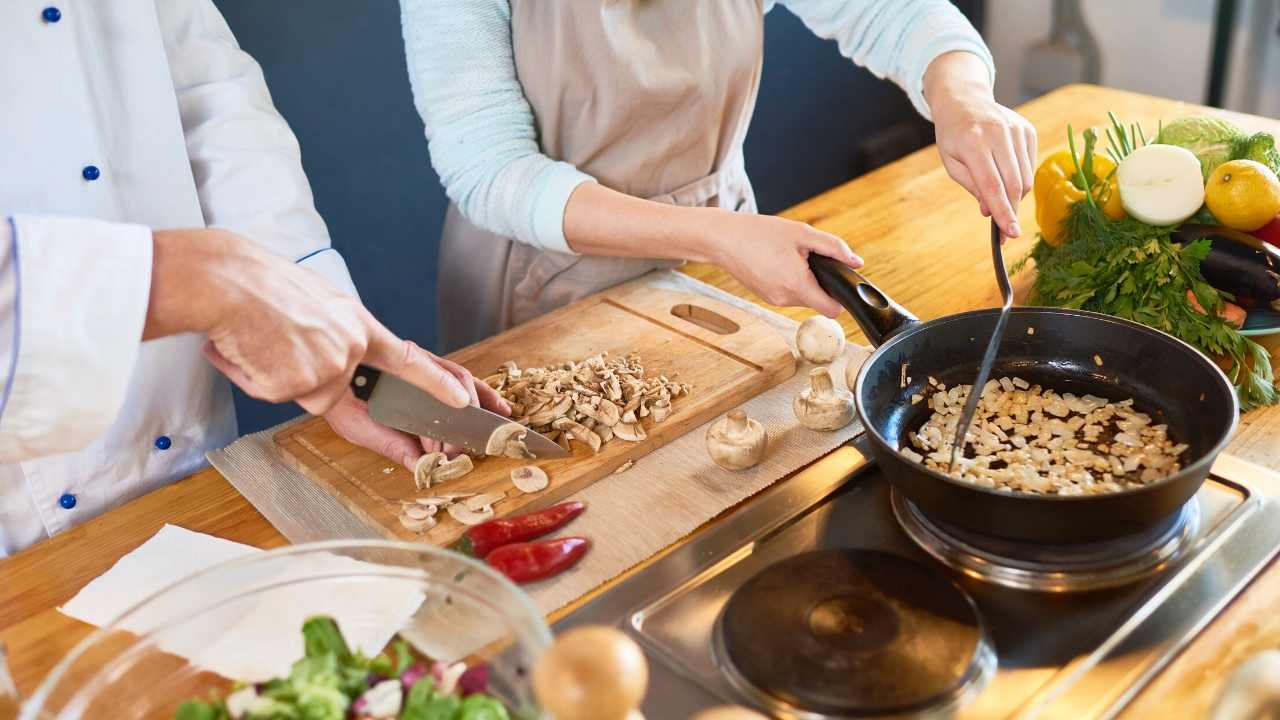 |
[TAG30]In this video we are starting out seedlings for our winter growing in the Tower Garden and we're taking you along for the journey! We'll show you just how easy |
 |
[TAG31]Hope you enjoyed this video and thank you for your support. Don’t forget to like, share and subscribe. PLEASE FOLLOW ME IN FACEBOOK https://www.facebook |
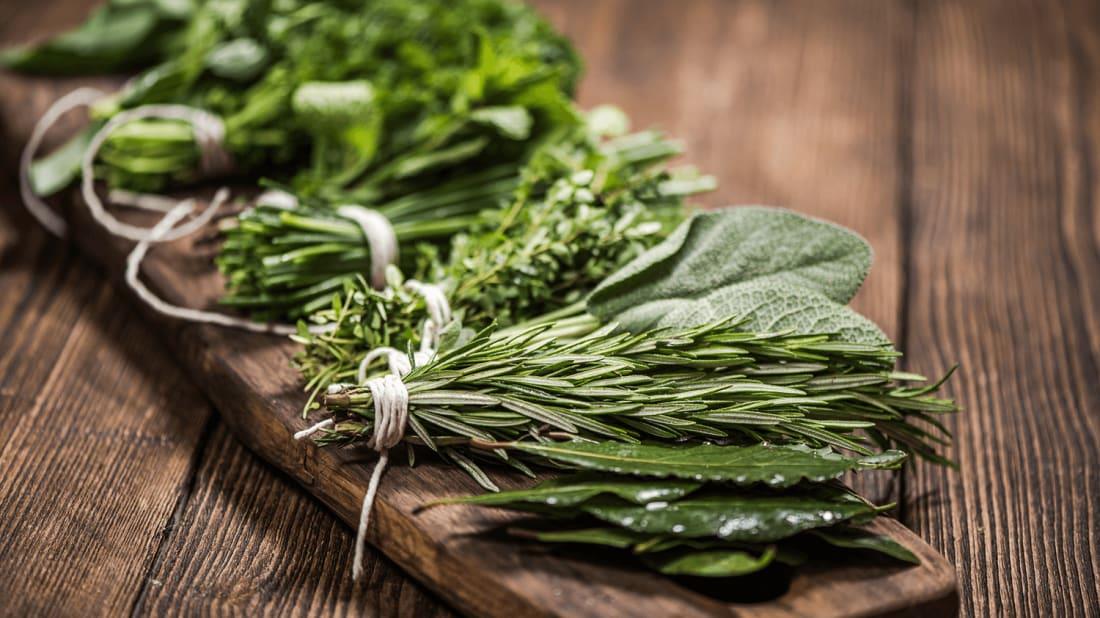 |
[TAG32]Learn herbs from respected professional herbalists offering world-class herbalist training. The NEW Professional Herbalist Course includes courses on over 600 |
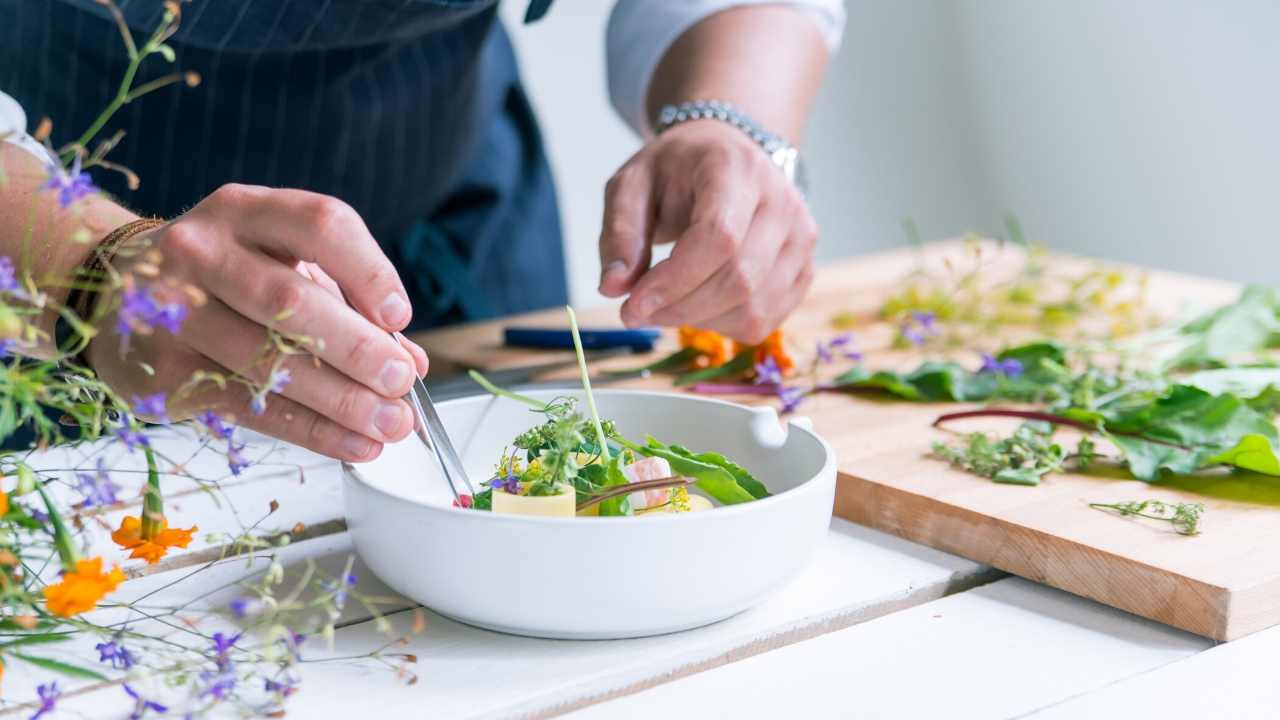 |
[TAG33]Who was the Marble Looking Man? Paul Sinclair shares his accounts of unusual and strange happenings in an around East and North Yorkshire. We now have |
 |
[TAG34]COFFEE MOANING the PODCAST ON APPLE PODCASTS: https://podcasts.apple.com/gb/podcast/coffee-moaning/id1689250679 ON SPOTIFY: |
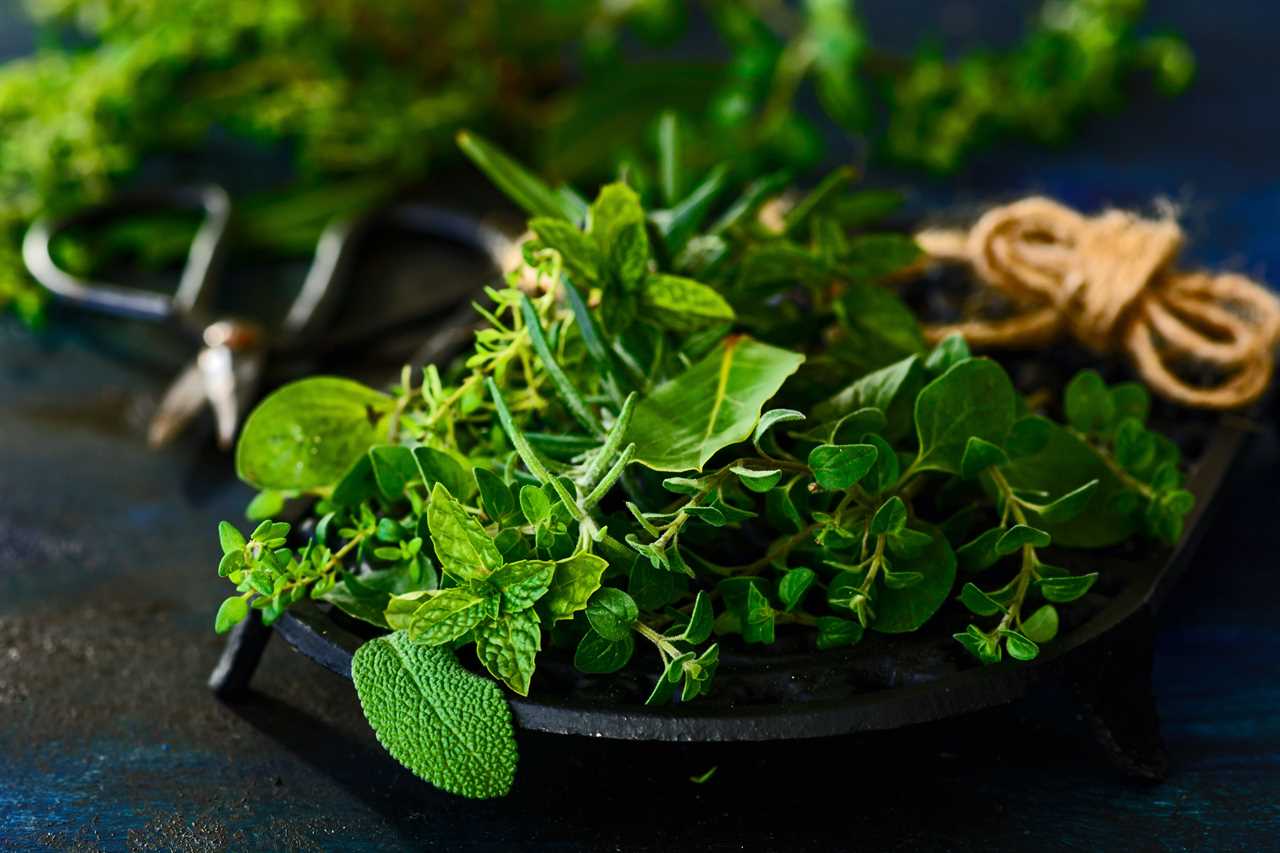 |
[TAG35]Find out more about herbs and how to use them |
 |
[TAG36]Are you eating healthy bread? If so, this video is a must-watch before you take another bite of those seemingly innocent slices. Bread might be a staple, but |
 |
[TAG37]Patrick Bet-David, Adam Sosnick, Tom Ellsworth and Vincent Oshana discuss Bill Maher's appearance on Roseanne Barr's podcast where he denies knowing MK Ultra, |
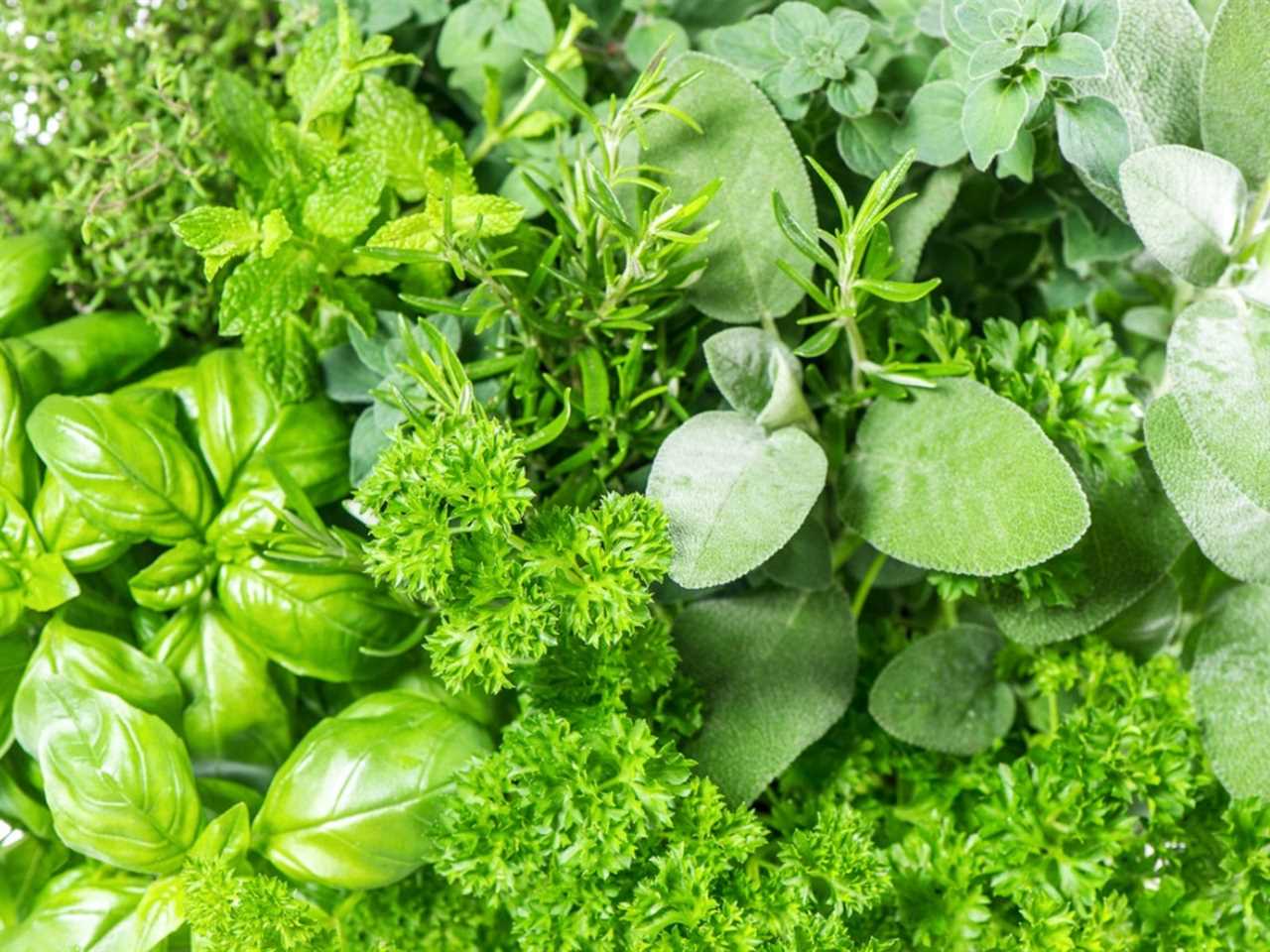 |
[TAG38]Like life, tea is what you make of it and The Cup of Life helps individuals enjoy tea in more than one way. Join me on my tea adventures through my blog! |
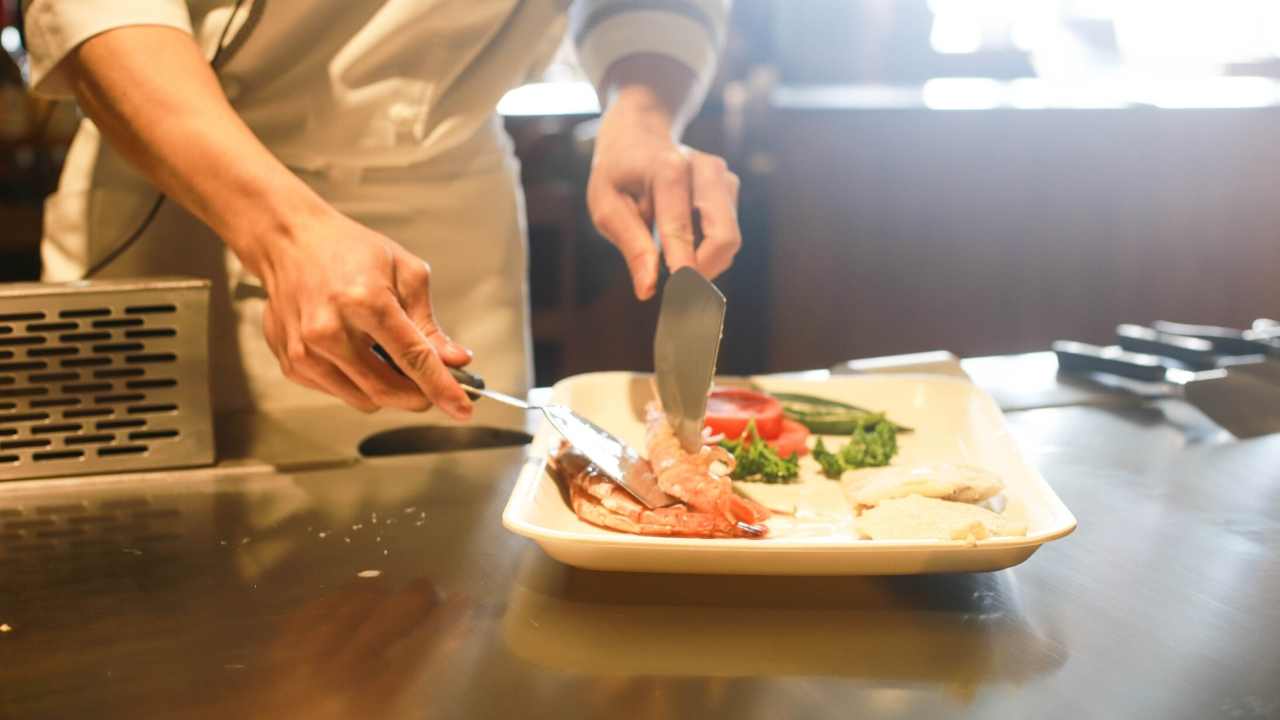 |
[TAG39]Use Code THOMAS25 for 25% off Your First Order from SEED: https://www.seed.com/thomasyt Obesity Pandemic - Willpower vs Genes vs Environment This video |
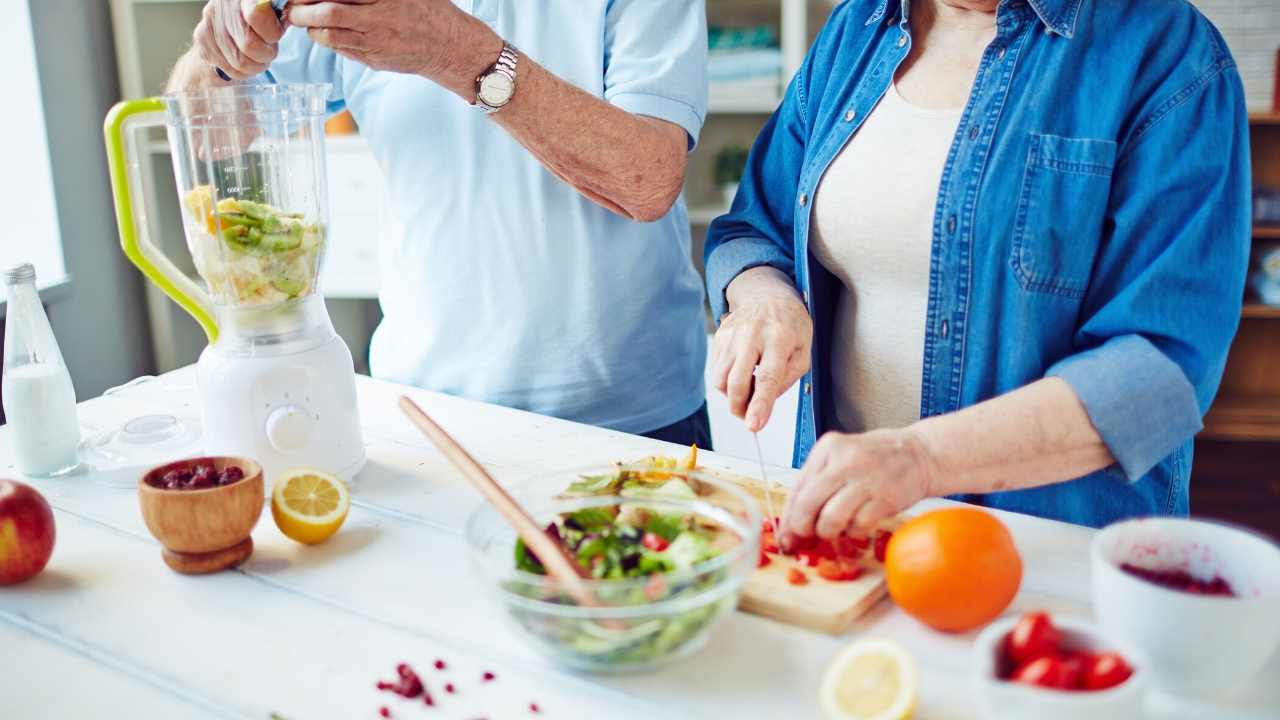 |
[TAG40]Harvesting self-grown vegetables - bursting with emotions when the old lady handed over the red book Thank you for watching my video. Wishing you good health, |
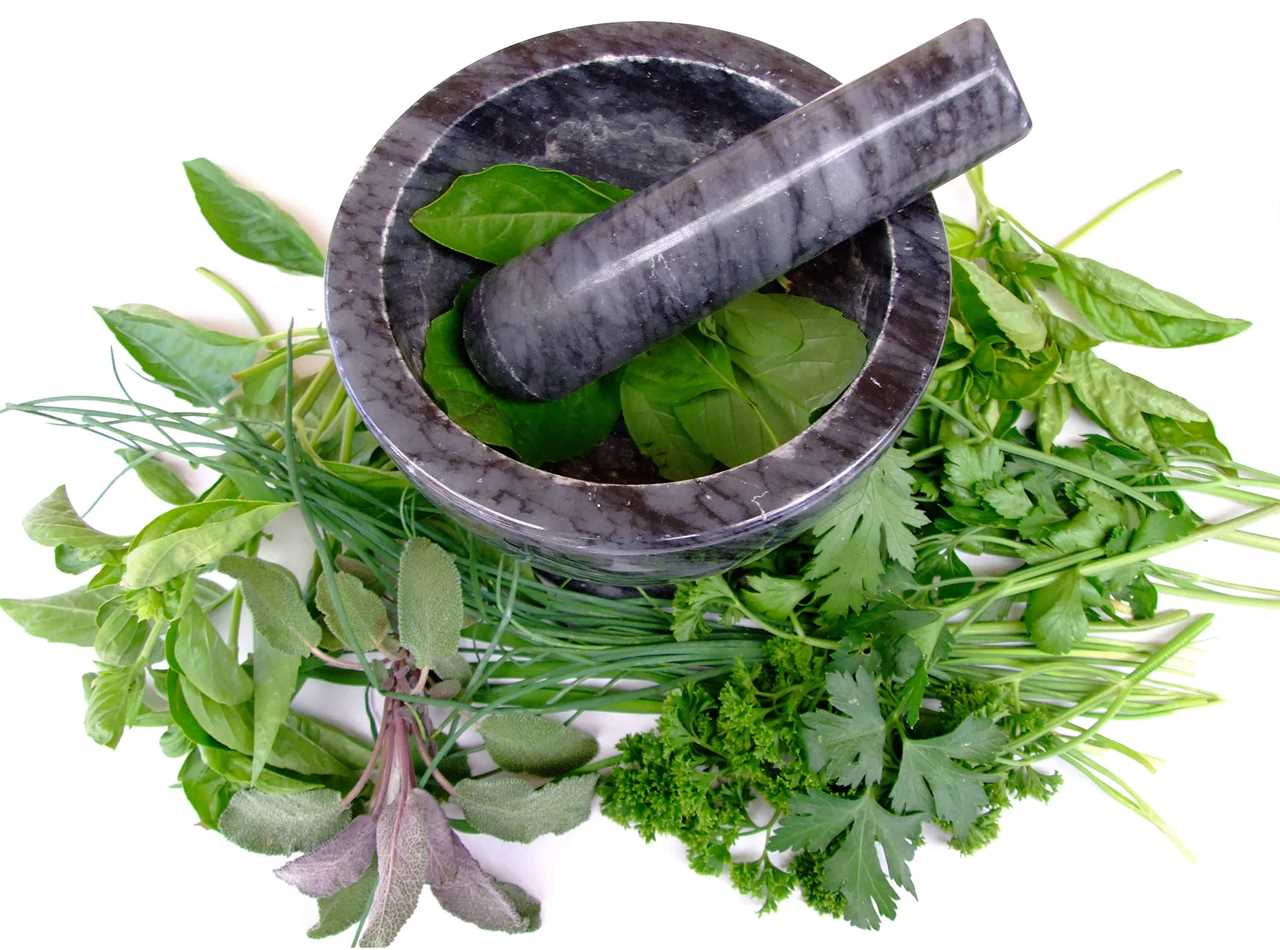 |
[TAG41]A tea assessment platform that rates teas based on objective quality markers and a sensory evaluation resulting in a list of the best teas produced each year. |
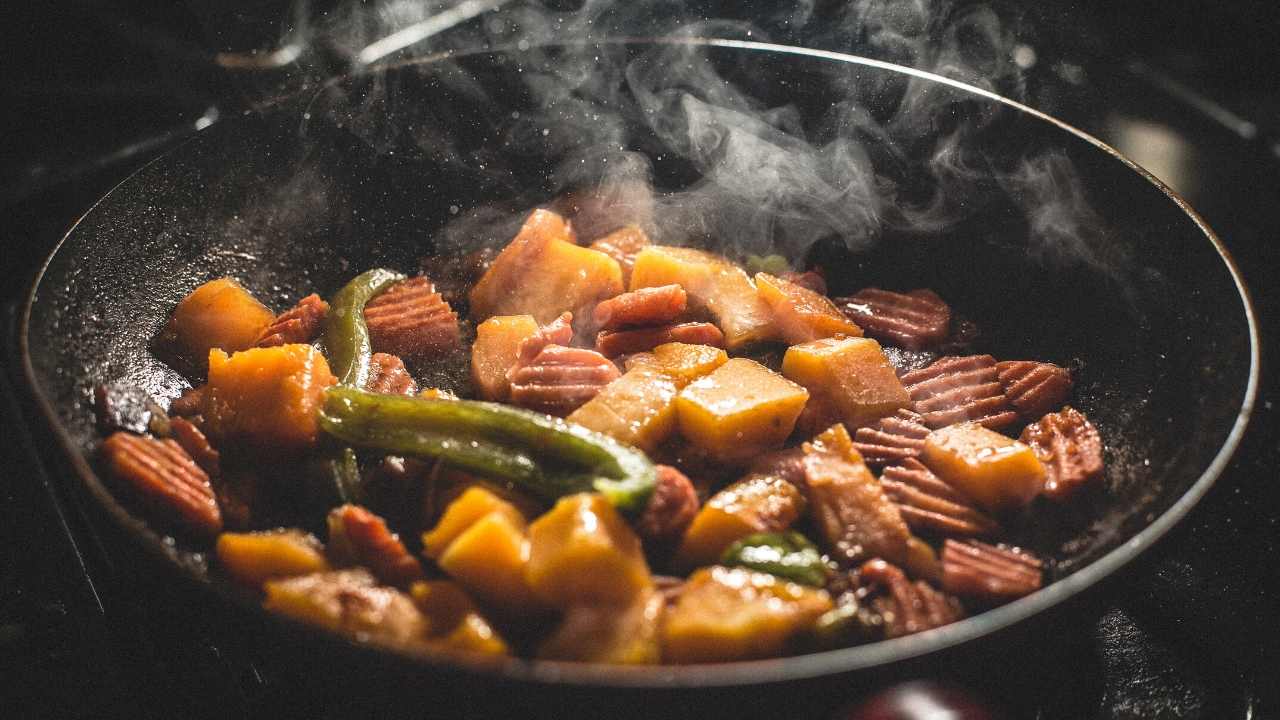 |
[TAG42]In This Video I'm Gonna Show You How To Find And Farm All 7 Herbs In Terraria! Enjoy ! :) #terraria #guide #tutorial |
 |
[TAG43]Former President Trump in recent remarks is now working to portray President Biden as a threat to democracy, saying Biden 'is the destroyer of American |
Did you miss our previous article...
https://belovedsaffron.com/herbs/working-with-the-whole-person
.png)





